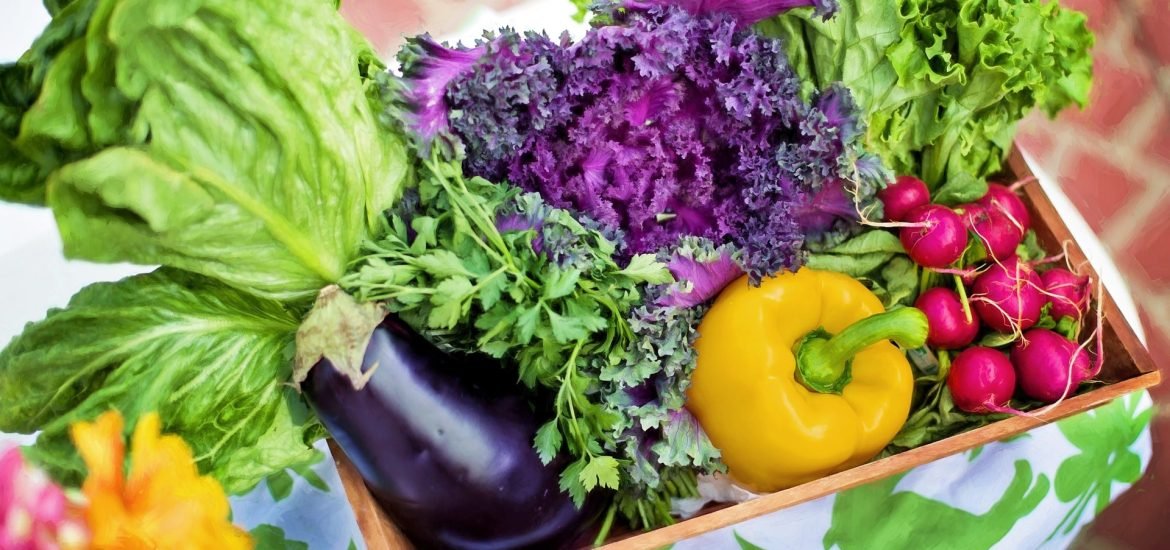
Eating a healthy diet could become more challenging and expensive due to climate change, according to a new study. Scientists found that environmental changes such as temperature rise and water scarcity could reduce average vegetable yields by more than a third by 2050.
Writing in the journal Proceedings of the National Academy of Sciences on Monday, researchers at the London School of Hygiene and Tropical Medicine said that new crop varieties and innovative technologies are urgently needed to improve agricultural production and protect global food supplies from the effects of climate change.
Although previous studies have identified risks that climate change poses to the world’s rice and wheat crops, little is known about how projected environmental changes might affect vegetables and legumes, such as soybeans and lentils.
To find out, researchers conducted a review of all available evidence from experimental studies from 40 different countries stretching back as far as 1975. Their analysis showed that by 2050, environmental changes including higher temperatures and reduced availability of water could cut vegetable yields by 35% and legume yields by 9%.
Hot areas including Southern Europe and large parts of Africa and South Asia are especially at risk, researchers said.
Although previous research has suggested that increased levels of carbon dioxide could boost crop yields, scientists involved in the new study said these potential gains would be outweighed by losses due to other environmental factors.
Lead author Dr Pauline Scheelbeek warned of the repercussions this could have on nutrition and health: “Our study shows that environmental changes such as increased temperature and water scarcity may pose a real threat to global agricultural production, with likely further impacts on food security and population health,” she said.
“Vegetables and legumes are vital components of a healthy, balanced and sustainable diet and nutritional guidelines consistently advise people to incorporate more vegetables and legumes into their diet,” Scheelbeek explained. “Our new analysis suggests, however, that this advice conflicts with the potential impacts of environmental changes that will decrease the availability of these important crops unless action is taken.”
Lower production would drive up the cost of vegetables and legumes, scientists warned, adding that these changes would most significantly impact poorer communities.
The team also underscored the importance of acting quickly in order to mitigate potential negative impacts.
“Our analysis suggests that if we take a ‘business as usual’ approach, environmental changes will substantially reduce the global availability of these important foods,” said study co-author Professor Alan Dangour.
“Urgent action needs to be taken, including working to support the agriculture sector to increase its resilience to environmental changes and this must be a priority for governments across the world.”
Ironically, food production itself contributes substantially to climate change, reports Reuters. Together, agriculture, forestry and land use changes account for almost 25% of the world’s greenhouse gas emissions, according to the UN Food and Agriculture Organisation.